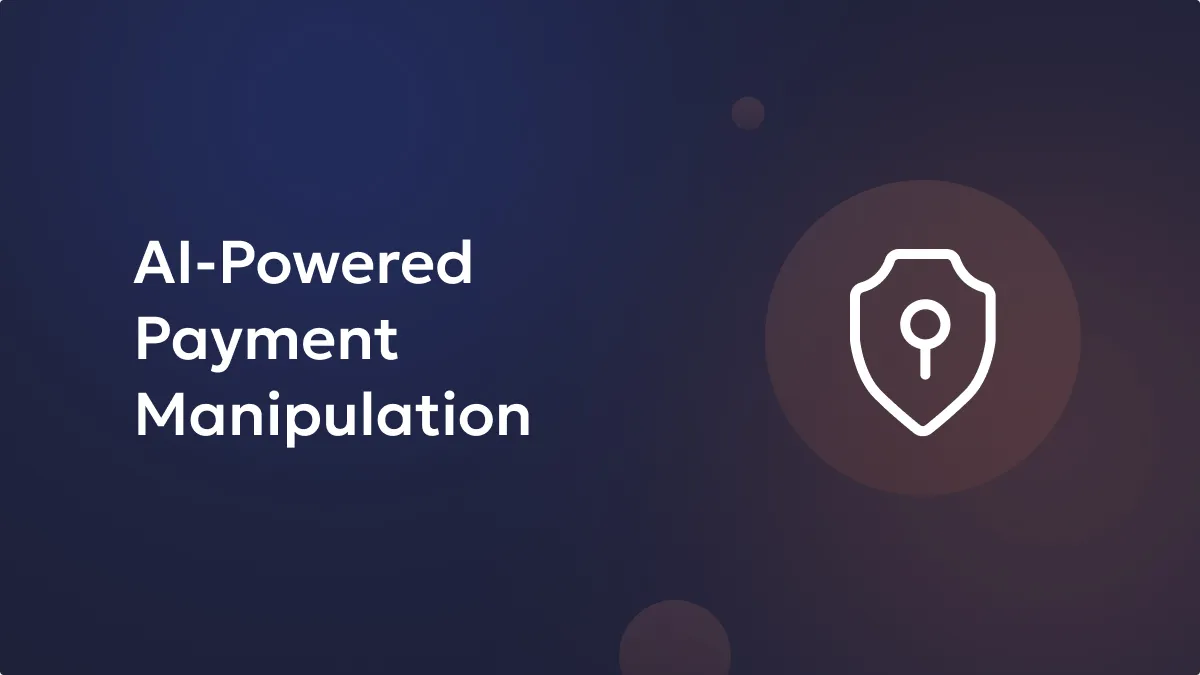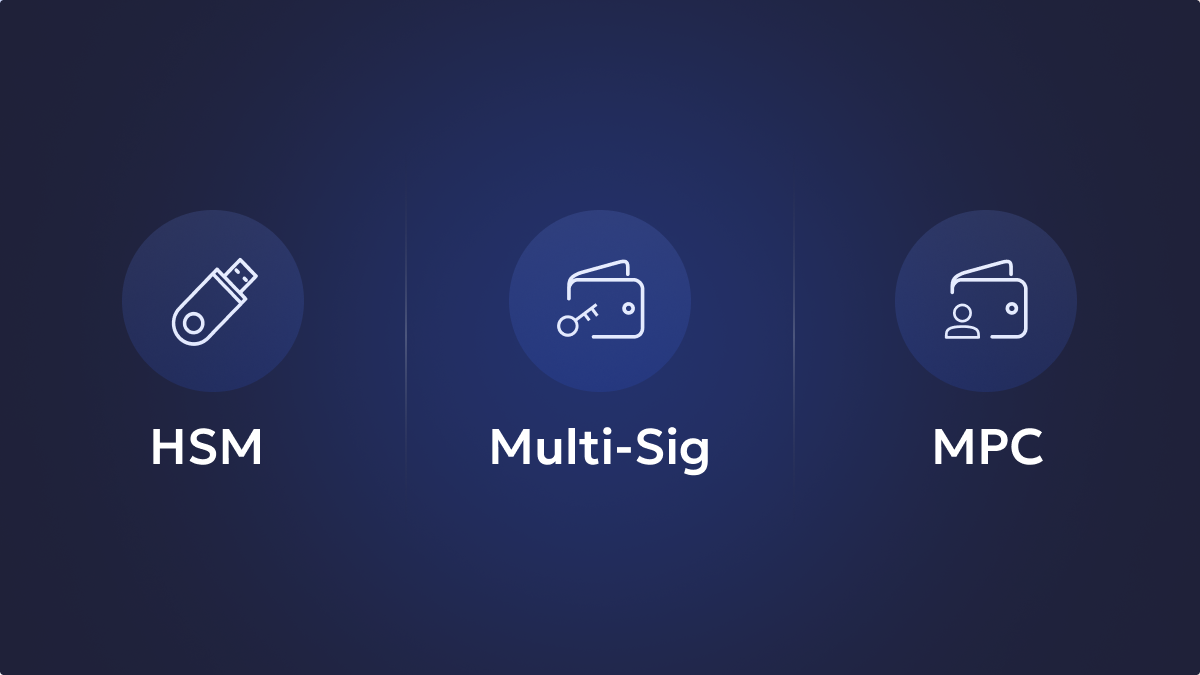The popularity garnered by blockchain applications implies that this technology is here to stay and sets the right aspects of various industries where it finds use cases. Nascent developments that stirred up frenzies in the fintech space, like DeFi and NFTs, are found to be faring well even after their initial rise to fame. The blockchain’s influence is strengthening as it is replacing legacy systems in many fields, even beyond finance. Take supply chain management for instance — blockchain functionality is offering efficient systems that are improving this industry’s processes by offering transparency and trackability, just to name a few factors.
All these developments, whether original or substitutions to existing solutions, come after crucial innovations within the blockchain ecosystem. While this technology was initially created to send and receive payments only, blockchain networks of are now bringing advanced use cases. The backbone for the operation of all such applications over blockchain networks is called smart contracts and is an integral part of several blockchain networks.
What Are Smart Contracts?
While blockchains operate keeping at their core decentralization, automation is an important part of removing the need for intermediaries and human influence. Smart contracts are code that automates the execution of transactions when predetermined conditions mentioned in the code are met. These contracts are written in blockchain-friendly languages like Solidity, the most famous blockchain programming language powering decentralized applications on the Ethereum Virtual Machine.
Unlock the potential of digital assets for your institution
Blockchain virtual machines are essentially virtual computers running on decentralized online networks where any developer can deploy their code in the form of smart contracts. Due to blockchain immutability, smart contracts, once deployed, cannot be modified, meaning unfortunate software bugs and glitches can only be rectified by deploying new, updated smart contracts on the chain. Moreover, since they are deployed on the blockchain, they are open source and can be audited by anybody, allowing for a transparent verification of their functionality before utilization.
The Purpose That Smart Contracts Serve
Smart contracts, when deployed on the blockchain, ideally bring about several use cases which are replacing the need for all kinds of intermediaries like banks and financial institutions. The contracts replicate the operations of said entities in a decentralized manner. They can execute simple financial transactions like payment transfers from one cryptocurrency wallet to another — the same use case that Bitcoin serves, which executes this single use case based on the underlying smart contract.
Unlike newer blockchains, the Bitcoin blockchain does not possess a virtual machine where developers can deploy new contracts as they like. While the DeFi revolution magnified in size thanks to the creations brought forth by the developer community that can be used publicly, many businesses are turning to smart contract-enabled blockchain protocols for the execution of their business processes.
Secure and manage your digital assets with Liminal
Private smart contracts deployed by businesses are making their processes highly efficient as different aspects are encoded into these programmable contracts, like payment schedules and payment terms based on the fulfilment of the goods or services. The versatility of smart contracts also brings about use cases not rooted in payments or finance, like the functioning of IoT devices — smart contracts can execute functions like getting a thermostat to regulate the temperature, all thanks to the power harnessed by blockchain cryptocurrency transactions.
Importance Of Smart Contracts in The Blockchain Ecosystem
While smart contracts can take the credit for efficient business processes and altering the state of IoT gadgets, they are most notably responsible for the factors driving blockchain adoption by investors far and wide — mainly the applications responsible for the burgeoning of blockchain technology. DeFi is one of the most influential categories within the blockchain ecosystem, encompassing several decentralized financial instruments like insurance, derivatives, lending and borrowing, DEXs, and so many more whose functionalities are programmed into smart contracts and executed via dApps for all users to utilize globally. Smart contract functionalities implemented through dApps are making financial services more affordable, accessible, and trustless.
Smart contracts are also making it possible for the blockchain to introduce definite ownership of assets. Unique blockchain tokens known as NFTs, which obviously need no introduction, bring trustless methods to prove absolute ownership which, of course, are facilitated by the utility brought about by smart contracts. While the blockchain acts as an immutable source of ownership proof, smart contracts enable the flawless transfer of ownership of such unique assets. New economies are rising, like GameFi and the processes of other industries, like real estate, are becoming streamlined, all because of smart contract implantation.
In fact, blockchain networks implement smart contract standards that distinguish NFTs from regular tokens. These standards dictate the characteristics and functionalities of tokens, which give uniqueness to NFTs. Moreover, the standards associated with other fungible tokens allow them to be transacted via contract executions; because of which they can be implemented in DeFi protocols.
Smart Contracts Are the Reason for Blockchain Ingenuity
Smart contracts are allowing blockchain networks to program cryptocurrency transactions, bringing complex use cases to decentralized networks at a fraction of the cost of centralized finance. The autonomy with which contracts execute makes transaction finality definite, shifting it from a state of probability when parties are manually transacting. This factor makes it possible for novel financial instruments like flash loans and arbitraging to exist on blockchain networks, allowing users to rake in tremendous profits instantaneously, all within single transactions. Smart contracts are removing the need for any kind of intermediary in finance, bringing use cases beyond the comprehension of traditional systems, and pushing blockchain applications to the forefront of fintech innovation.
Learn more about Liminal here.
Remember to keep yourself updated on our blog and social media channels.






